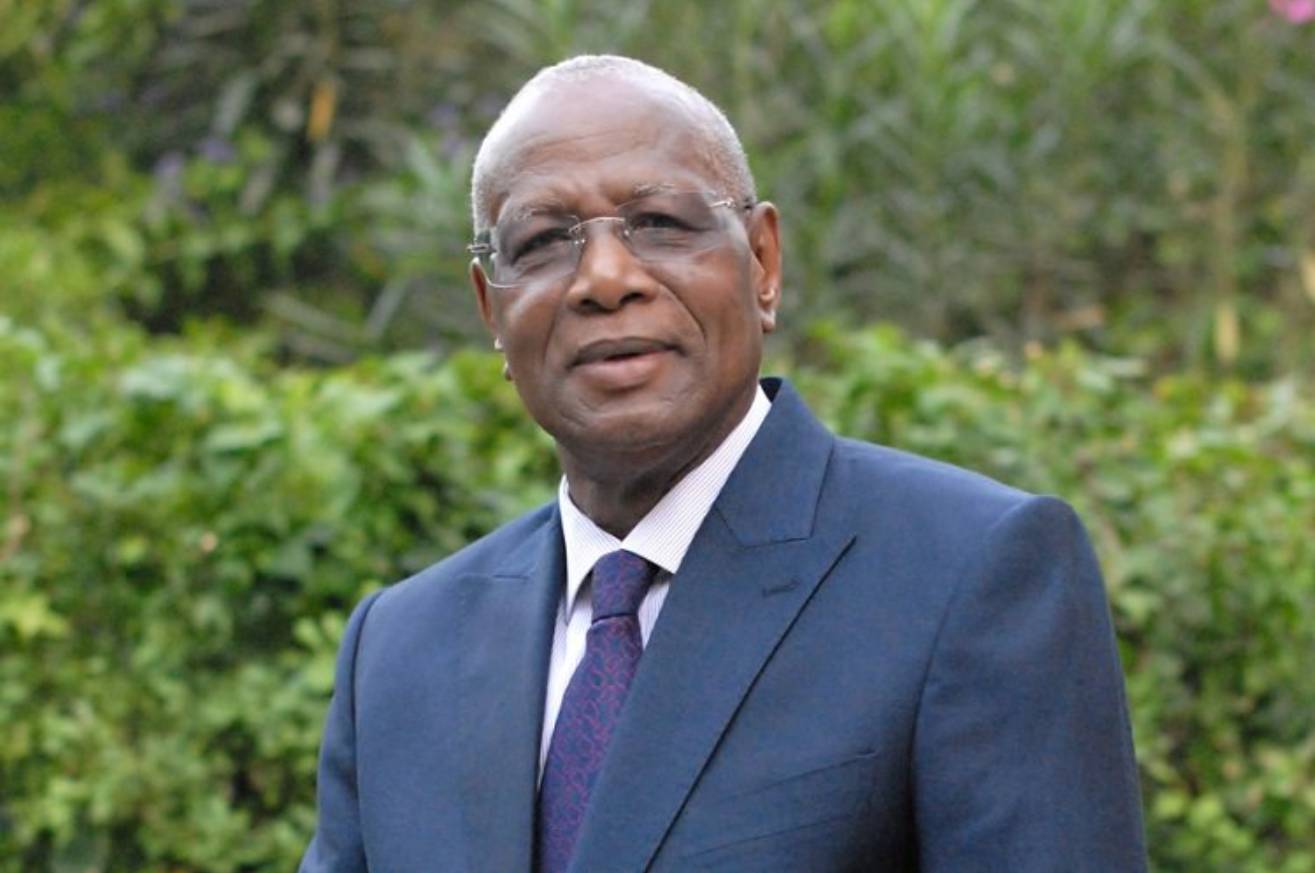
Discussions on securing the upcoming elections in Libya took place at a meeting between the head of the UN support mission in Libya, Abdoulaye Batili, and the Interior Minister of the country’s Interim Government of National Unity, Imad Trabelsi, on 5 February. , reports the Libyan channel The Libya Observer.
According to The Libya Observer, the parties discussed ensuring the holding of municipal and regional elections in Libya. They also considered the role of the Ministry of the Interior in the work of the “5+5 Joint Military Committee” to unite the army, the issues of combating illegal emigration and the fight against transnational organized crime.
Trabelsi briefed Batili on the ministry’s plan to support security departments, police stations and the school security apparatus. The Minister said that the second phase of the Greater Tripoli Security Plan will enter into force in the coming days.
For his part, the head of the UN support mission in Libya praised the ministry’s efforts and the positive dynamics with security in the country.
Let us remember that the last large-scale hostilities in Libya ceased in the summer of 2020. On October 23, 2020, a ceasefire agreement was signed in Geneva. The agreement provided for the holding of unified elections in the country on December 24, 2021, the creation of a unified interim government for this period, the creation of a unified army and the withdrawal of all foreign forces.
As a result of the forum in Geneva, Abdel Hamid Dbeiba became head of the Libyan Interim Government of National Unity, but was unable to organize the presidential and parliamentary elections scheduled for December 24, 2021.
On February 10, 2022, the Libyan Parliament elected Fathi Bashaga as the new Prime Minister of the Libyan interim government. Who was supposed to replace the head of the Provisional Government of National Unity Abdel Hamid Dbeiba.
Dbeiba refuses to step down as prime minister and, relying on armed groups loyal to him, continues to occupy the country’s capital, Tripoli.
As a result of these actions and the absence of a new constitution, on which the country’s Supreme Council of State and Parliament cannot agree in any way, Libya finds itself in a political impasse.
Source: Rossa Primavera
I am Michael Melvin, an experienced news writer with a passion for uncovering stories and bringing them to the public. I have been working in the news industry for over five years now, and my work has been published on multiple websites. As an author at 24 News Reporters, I cover world section of current events stories that are both informative and captivating to read.
